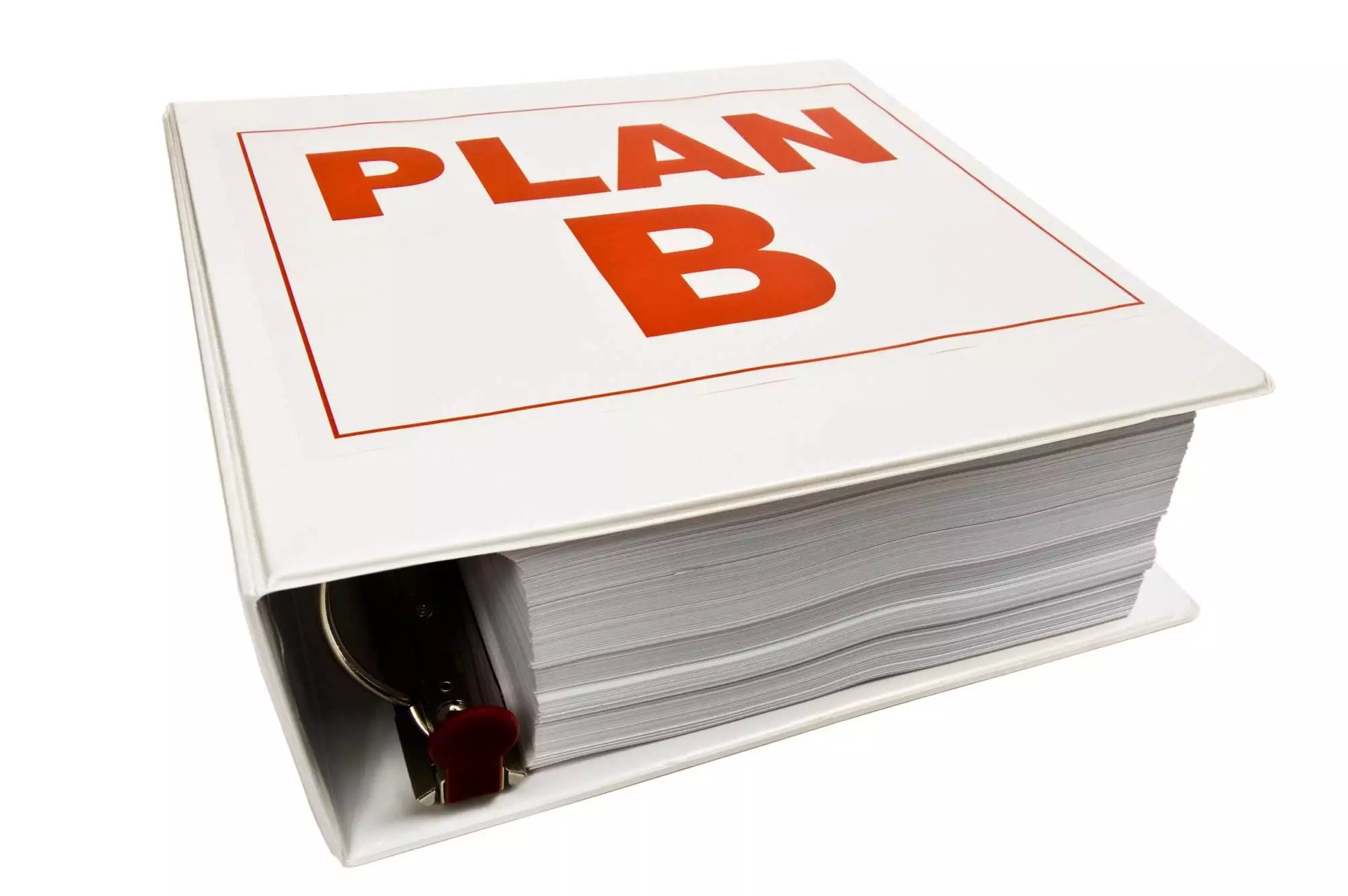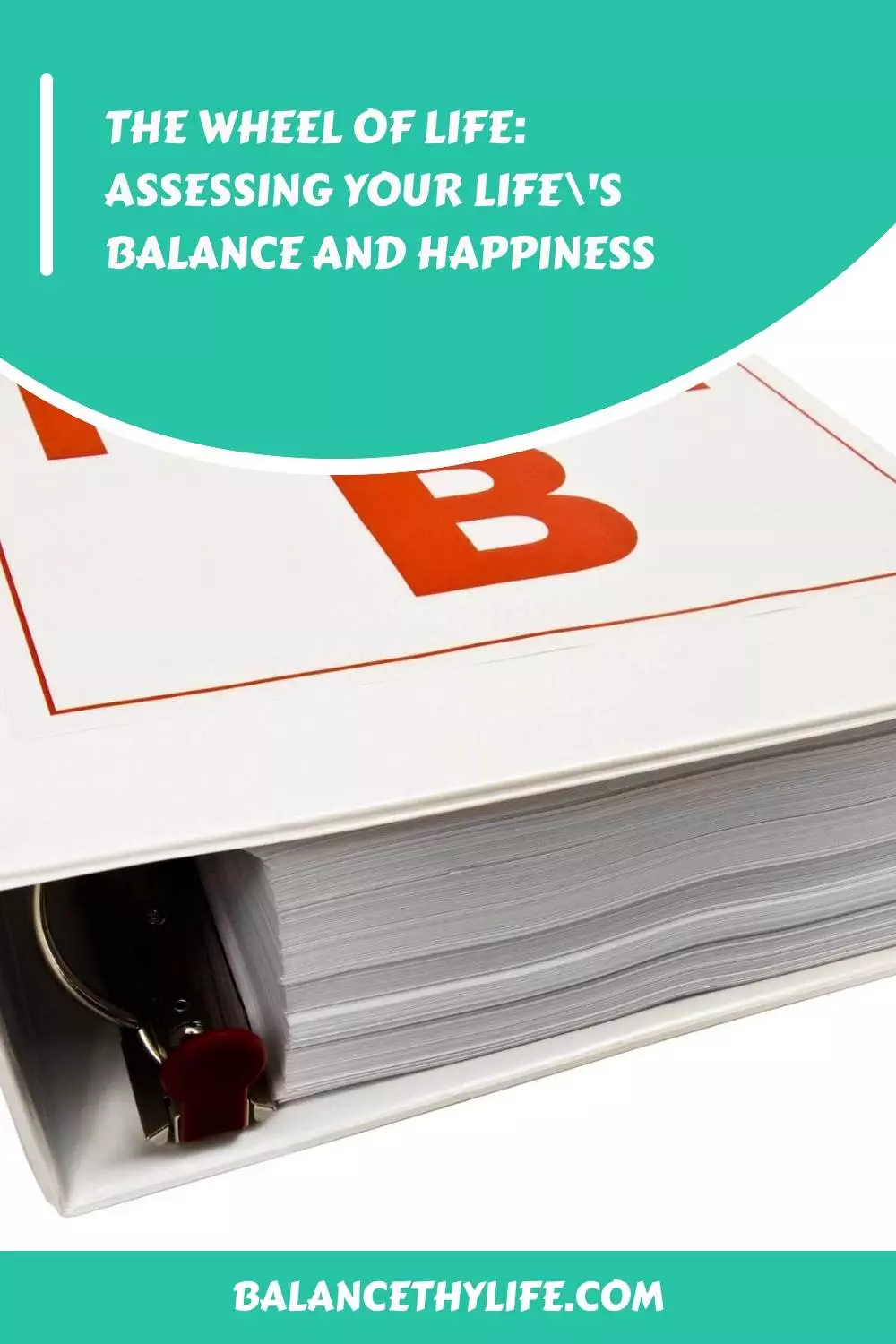Introduction to the Wheel of Life
Do you ever feel like your life is out of balance? Like some areas are thriving while others are struggling? The Wheel of Life is a tool designed to help you assess the different areas of your life and determine where you may need to focus more attention. It can be an eye-opening experience that helps you identify what matters most in your life, as well as areas where you may need improvement.
The Importance of Assessing Your Life’s Balance and Happiness
It’s easy to get caught up in our daily routines and forget about taking care of ourselves or focusing on our personal goals. By regularly assessing your life’s balance and happiness, you can ensure that you are living your best life possible. This exercise allows you to take stock of all aspects of your life and see how they fit together. You might find that certain areas are neglected or underdeveloped, which could lead to feelings of dissatisfaction or imbalance.

How to Use the Wheel of Life Template
To create a Wheel of Life template, draw a circle and divide it into sections representing each area of your life. These areas typically include career, finances, relationships, health, spirituality, hobbies, and personal development. Once you have divided the wheel into these segments, rate each section from 1 to 10 based on its level of satisfaction. A rating of 1 indicates extreme dissatisfaction, while a rating of 10 represents complete fulfillment. After assigning ratings to each segment, connect them with lines to form a cohesive wheel.
Understanding the Different Areas of Life
Each area of your life plays an important role in your overall sense of happiness and fulfillment. Here are some tips for understanding each area:
Career – This includes your job or profession, as well as any side gigs or entrepreneurial endeavors. Rate this area based on factors such as job satisfaction, salary, work/life Balance, and opportunities for growth.
Finances – Money isn’t everything, but having financial stability can certainly contribute to stress reduction and peace of mind. Consider factors such as debt levels, savings accounts, investments, and income when evaluating this area.
Relationships – Relationships with family members, friends, romantic partners, and colleagues can greatly impact our sense of happiness and belonging. Think about the quality of communication, trust, support, and mutual respect within these relationships.
Health – Physical and mental health play crucial roles in our overall wellbeing. Evaluate this area by considering factors such as diet, exercise habits, sleep patterns, stress management techniques, and medical conditions.

Spirituality – Spirituality can mean many things to different people, including religion, meditation, yoga, nature walks, or simply spending time alone with one’s thoughts. Reflect on whether you feel connected to something greater than yourself and consider ways to deepen that connection if necessary.
Hobbies – Having enjoyable pastimes outside of work can provide much-needed relaxation and stimulation. Think about activities you enjoy doing in your free time, as well as any new hobbies you would like to try.
Personal Development – Personal growth and self-improvement are essential components of a satisfying life. Consider factors such as education, skill-building, goal setting, and self-reflection when evaluating this area.
Tips for Maintaining a Balanced Life
Once you have completed your Wheel of Life assessment, you may notice areas where improvements can be made. Here are some tips for maintaining a balanced life:
Prioritize self-care – Make sure to prioritize activities that promote physical and emotional wellness, such as regular exercise, adequate sleep, and stress-reducing practices like meditation or journaling.
Set realistic goals – Identify specific, measurable objectives for each area of your life and break them down into manageable steps.
Stay organized – Keep track of appointments, deadlines, and other commitments using calendars, planners, or productivity apps.
Seek support – Don’t hesitate to reach out to friends, family, or professional resources for guidance and encouragement.
Reflect often – Take time periodically to reflect on your progress and adjust your goals accordingly. Remember that balance doesn’t always mean perfection; it’s okay to let some areas slide temporarily as long as you stay focused on your overall vision for a happy, fulfilled life.
Conclusion: Reflecting on Your Wheel of Life Assessment
Completing a Wheel of Life assessment can be a powerful way to gain insight into your current state of being and identify areas for growth. Whether you choose to make major changes or small tweaks, remember that achieving balance and happiness is a continuous process that requires effort and intentionality. By regularly checking in with yourself and making adjustments as needed, you can cultivate a rich, meaningful life filled with purpose and joy.









